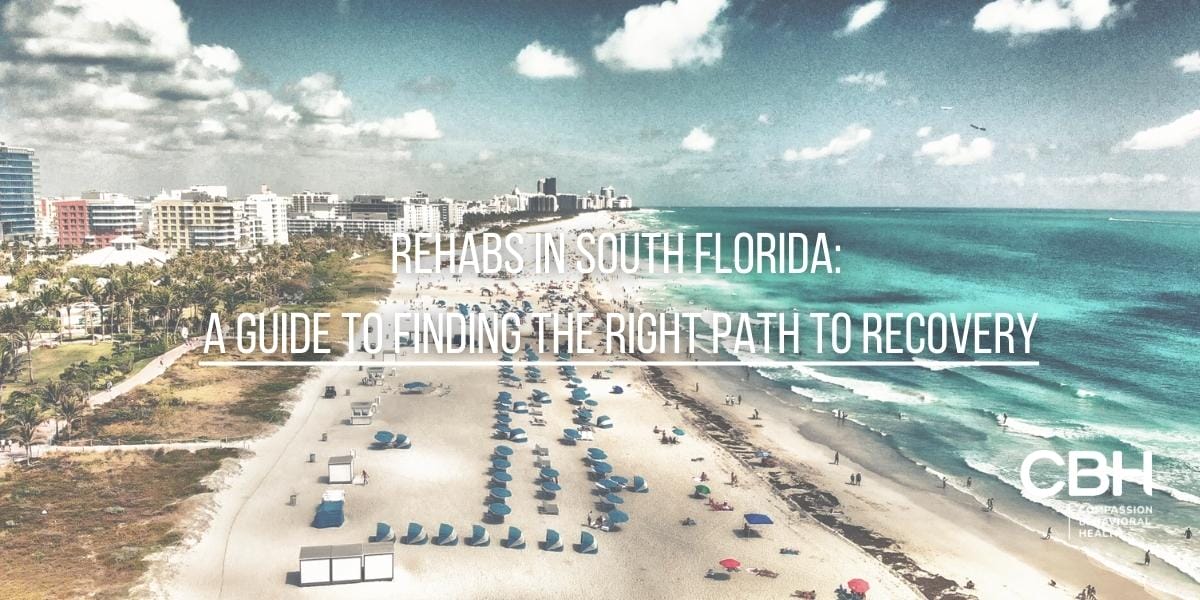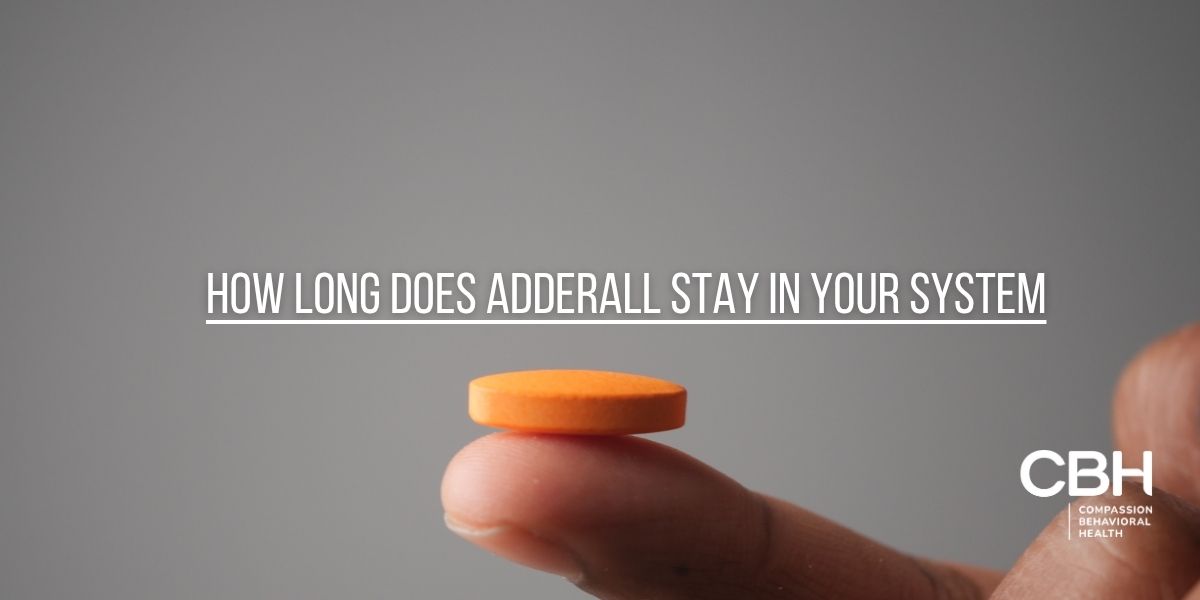The Baker Act, also known as the Florida Mental Health Act, is a statute in the State of Florida designed to assist individuals suffering from mental health issues. The act enables individuals to be placed under involuntary mental health examination and treatment. The act was passed in 1971 and is named after Maxine Baker, a state representative who was instrumental in creating this legislation.
If you or a loved one is struggling with a mental health disorder and needs help, our experts are here to help 24/7. We offer 100% confidential services to help you regain control of your life.
What is The Baker Act In Florida?
Mental health disorders can significantly impact a person’s life, and if left untreated, they can lead to severe consequences. In Florida, the Baker Act is designed to provide individuals with the necessary support, even if it is involuntary. The act allows individuals to be placed under involuntary examination and treatment, providing them with the necessary care to help them overcome their mental health issues.
Studies show that only one in three individuals who need mental health treatment receive the support they require. The Baker Act aims to improve those figures by providing a mechanism for individuals to receive the necessary support, even when they are unwilling to seek help.
At Compassion Behavioral Health, we offer a comprehensive service to individuals who need to exercise the Baker Act. We provide treatment for a wide range of mental health disorders, including depression, anxiety, bipolar disorder, and schizophrenia.

Why Would You Baker Act A Loved One?
The thought of using the Baker Act may seem like a drastic measure, but it can be necessary to help individuals who are struggling with mental health disorders. Here are some reasons why using the Baker Act may be necessary:
- Your loved one is a danger to themselves or others.
- You have tried other alternatives, but they have not worked.
- Your loved one is unable to make decisions for themselves.
- They have a severe mental health disorder that requires immediate attention.
- They are in crisis and need help.
Signs That The Baker Act Should Be Used
The Baker Act should be used whenever an individual meets the Baker Act criteria and is in need of help. Signs that someone in your life needs help include:
- They are experiencing hallucinations or delusions.
- They are a danger to themselves or others.
- They are unable to care for themselves.
- They are experiencing severe depression or anxiety.
- They have attempted suicide or have a plan to do so.
If your loved one exhibits any of these signs, it is crucial to seek professional help immediately. The Baker Act can provide them with the necessary support to overcome their mental health disorder.

What Happens During the Baker Act Process
The Baker Act process can be initiated by law enforcement officers, mental health professionals, or concerned family members. Once the process is initiated, the individual is taken to a receiving facility where they undergo a mental health assessment.
If it is determined that the individual meets the criteria for involuntary examination and treatment, they will be held in the receiving facility for up to 72 hours. During this time, they will receive an evaluation, diagnosis, and treatment plan.
After 72 hours, the individual may be released, or they may be held for additional treatment if necessary. If the individual remains in the facility for treatment, they will have access to various forms of therapy, medication, and support.
At Compassion Behavioral Health, we understand that the Baker Act can be a challenging and emotional process for everyone involved. That’s why our team of mental health experts is dedicated to providing compassionate care to every individual we treat.
How To Baker Act Someone
To initiate the Baker Act process, you can take the following steps:
- Contact the local crisis intervention team or the police department’s non-emergency number to request assistance.
- Explain the situation to the responding officer or mental health professional and provide them with any relevant information about the individual’s behavior, such as suicidal or violent tendencies.
- The mental health professional will conduct an assessment to determine if the individual meets the criteria for involuntary commitment under the Baker Act.
- If the individual meets the criteria, the mental health professional will complete a certificate stating the need for an involuntary examination and submit it to a mental health facility.
- The individual will be transported to the mental health facility for evaluation and treatment.
It’s important to note that the Baker Act should only be used as a last resort when all other interventions have failed, and the individual poses a serious threat to themselves or others. The decision to initiate the Baker Act should be made with careful consideration and consultation with mental health professionals.
Baker Act FAQ
The Baker Act process can be initiated by law enforcement officers, mental health professionals, or concerned family members.
An individual can be held under the Baker Act if they are deemed to be a danger to themselves or others, are unable to care for themselves, or have a mental health disorder that requires immediate attention.
An individual can be held under the Baker Act for up to 72 hours for evaluation and treatment. If additional treatment is necessary, they may be kept for longer.
During the Baker Act process, the individual undergoes a mental health assessment, receives an evaluation, diagnosis, and treatment plan. They may be held in a receiving facility for up to 72 hours.
If an individual is deemed to be a danger to themselves or others, they may not refuse treatment under the Baker Act. However, they do have the right to legal representation and to challenge their detention.
After the 72-hour period, the individual may be released, or they may be held for additional treatment if necessary.
No, the Baker Act is not permanent. It is a temporary measure designed to provide individuals with the necessary support to overcome their mental health challenges.
No, the Baker Act is not designed for substance abuse issues. However, individuals with co-occurring mental health and substance abuse disorders may be held under the Baker Act if they meet the involuntary examination and treatment criteria. For substance abuse specifically, please see our page on the Marchman Act.



